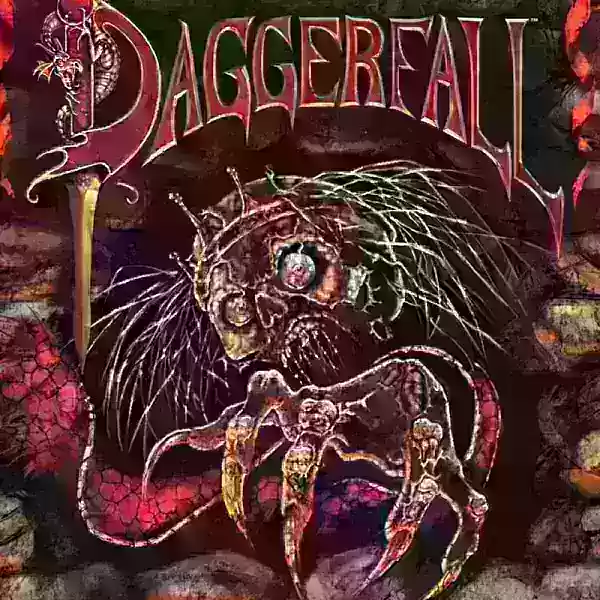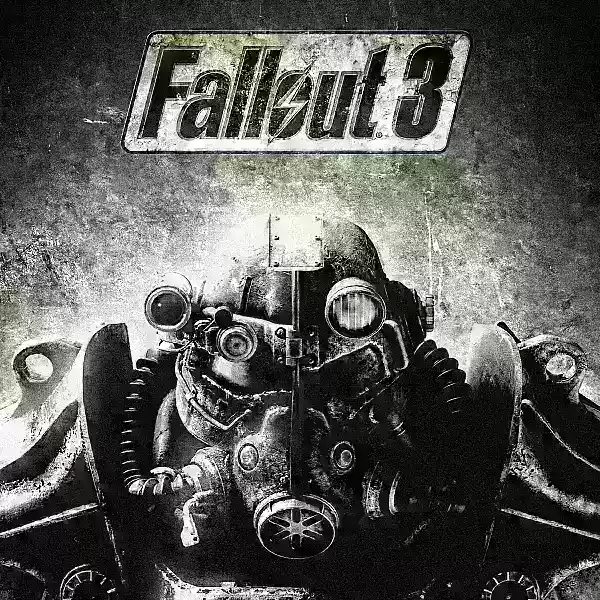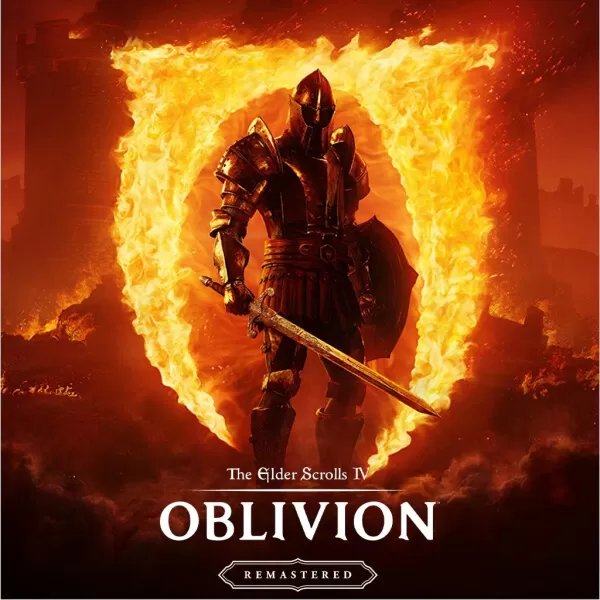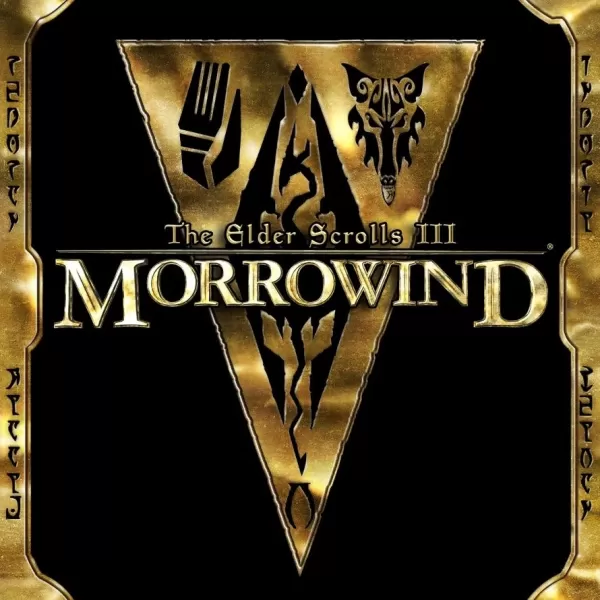It’s rare that a developer becomes synonymous with a single genre, but Bethesda has its signature style so locked down it’s a wonder we don’t just call the entire field of first-person open-world Western RPGs “Skyrimlikes” or “Oblivionvanias.” In the three decades since The Elder Scrolls: Arena debuted, Bethesda Game Studios has emerged as a juggernaut in the triple-A space, earning a rabid fanbase, massive sales, and a $7.5 billion acquisition from Microsoft, solely on the strength of its tried and true design principles.
Bethesda has been responsible for some big hits and even bigger misses over the years. The recent release of The Elder Scrolls: Oblivion Remaster has us all rethinking our long-calcified tier-lists, prompting a fresh look at ranking the studio’s output. With The Elder Scrolls VI still a distant logo on the horizon, this list will remain relevant for quite some time.
Before diving in, it's important to note that we're focusing strictly on Bethesda's trademark RPGs. This excludes the mid-tier Elder Scrolls spinoffs like Battlespire and Redguard, as well as mobile games such as The Elder Scrolls Blades and Fallout Shelter, though the latter's dark humor and Vault Boy style are certainly endearing.
This list is dedicated to the heavy hitters, the sprawling prestige sandboxes that define a "Bethesda Game," beginning with...
9: Elder Scrolls: Arena
The first entry in the franchise isn’t last because it’s a bad game, but because it was a pioneering effort. In 1994, Bethesda was known for sports and Terminator games, and Arena was a bold departure. Originally, the game involved medieval gladiator battles and sidequests, but evolved to allow players to explore cities, engage with NPCs, and tackle challenging dungeons.
Arena is a commendable first-person RPG of its time, reminiscent of Ultima Underworld and Might and Magic. It features arcane systems, randomized loot, meandering sidequests, and clunky movement. The combat, based on stats and dice rolls, can be frustrating, leading Bethesda to wisely pivot from the gladiator theme. Despite the title's origins, Arena's success set the stage for Bethesda's future triumphs.

8: Starfield
With each new Bethesda Game Studios (BGS) release, there's speculation about whether it will finally move beyond the aging "Gamebryo" engine. Starfield, however, continues to use the "Creation Engine 2.0," which, despite its new name and updated animations, still involves frequent loading screens.
The NASApunk setting of Starfield offers a refreshing departure from the traditional locales of Tamriel and the Wasteland. However, it doesn't mesh well with Bethesda's strengths in crafting interconnected worlds full of discoveries and unique details. Instead, Starfield features 1,000 procedurally generated planets with repetitive points of interest.
While it might seem harsh to rank Starfield near Arena, the shortcomings of a $200 million triple-A game are less forgivable than those of a pioneering first effort.

7: Elder Scrolls: Daggerfall
Bethesda's experience with procedural generation is evident in Starfield, but it was Daggerfall that showcased this technique impressively back in 1997. With a map size of 80,000 square miles, Daggerfall is a vast world filled with nine climates, 44 political regions, and 15,000 points of interest.
Despite the world's size, movement can be tedious, and the combat only slightly improved from Arena. However, Daggerfall introduced the series' trademark skill-based progression system. The game's above-ground experience offers immersive activities like buying properties, joining guilds, and engaging in criminal activities with consequences, making it a pioneering title in open-world exploration.

6: Fallout 76
Fallout 76's inclusion on this list might surprise some, given its initial launch as a multiplayer looter-shooter without the traditional Fallout narrative depth. Its early issues were compounded by a troubled development cycle, resulting in a game that initially disappointed fans.
However, the Wastelanders update introduced voiced NPCs, significantly enhancing the experience. Despite improvements, Fallout 76 remains lower on the list due to the superior Elder Scrolls Online, which was developed by Zenimax Online Studios. Fallout 76's shift towards live-service trends raised concerns about Bethesda's handling of the Fallout franchise.

5: Fallout 4
With 25 million copies sold, Fallout 4 is the most commercially successful game in the series. It introduced streamlined gameplay and quality-of-life improvements, though it sacrificed some depth and complexity. The game excels in movement and shooting, with the Commonwealth offering a rich environment to explore.
The settlement-building system is a notable addition, though its enjoyment varies. Expansions like Far Harbor recapture the classic Fallout feel, and characters like Nick Valentine stand out. However, the storyline and dialogue system, with its limited options, are criticized for simplifying the RPG experience.

4: Fallout 3
When Bethesda acquired the Fallout franchise in 2004, fans were divided. Fallout 3 starts strong with an engaging opening sequence and introduces the V.A.T.S. system, a brilliant adaptation of the original's combat mechanics. The Capital Wasteland is filled with iconic landmarks, though repetitive encounters and a polarizing ending detract from the experience.
The game blends Bethesda's environmental storytelling with Fallout's anarchic RPG flavor, resulting in a mixed experience. Mods like "Tale of Two Wastelands" and the anticipated remake offer alternatives for players seeking a more cohesive experience.

3: The Elder Scrolls IV: Oblivion
Oblivion is the foundation of modern Bethesda games, with many elements that would become staples in subsequent titles. The main plot involves a Daedric invasion, but it's the sidequests and guild missions that truly shine, offering unique and engaging challenges.
The Oblivion Remaster modernizes the game with improved graphics and gameplay, though it retains some of the original's quirks. Despite its flaws, Oblivion remains a pivotal title in Bethesda's catalog, setting the stage for the evolution of the Elder Scrolls series.

2: The Elder Scrolls V: Skyrim
Skyrim simplifies some elements of the Elder Scrolls series but improves the moment-to-moment gameplay significantly. Features like dual wielding, weapon crafting, and shouts enhance the combat experience, making it more engaging and tactile.
The game's setting in the frozen tundra of Skyrim is more impactful than Oblivion's Cyrodiil, offering a cohesive and immersive world. Skyrim's success transformed the Elder Scrolls from a niche RPG franchise into a blockbuster, striking a balance between accessibility and depth that appealed to a wide audience.

Honorable Mention: Fallout: New Vegas
While developed by Obsidian, Fallout: New Vegas deserves mention for its exceptional quality and its reliance on Bethesda's engine. It's a near-perfect blend of old-school Fallout and Bethesda's open-world style, highly recommended, especially in anticipation of the show's second season.
1: The Elder Scrolls III: Morrowind
Morrowind is far from the most polished or accessible game, but it offers unparalleled freedom. With no quest markers and a complex UI, the game challenges players to explore and interact with its world in a deeply immersive way.
The spellmaking system and the ability to kill any NPC, including essential ones, add to the game's unique appeal. Vvardenfell's ashen landscape, inspired by The Dark Crystal and Dune, provides a distinctive setting that later games have struggled to replicate.
While Bethesda moved towards more accessible titles like Oblivion, Morrowind's legacy as the greatest Elder Scrolls game endures, prompting reflection on what a modern sequel might look like.































